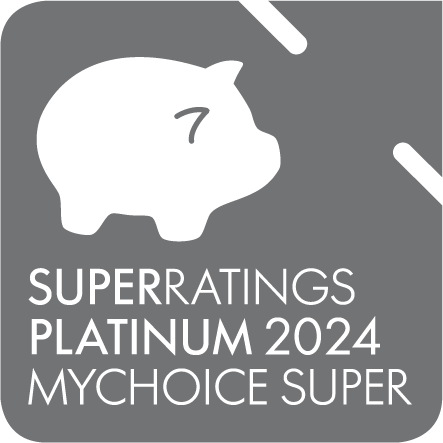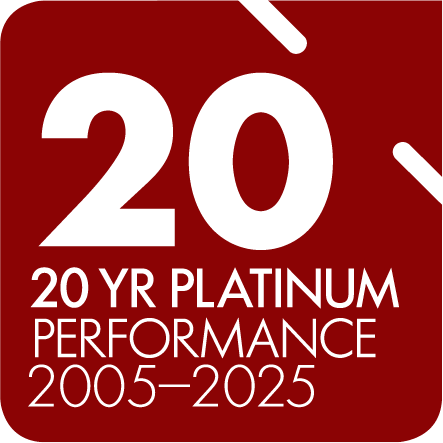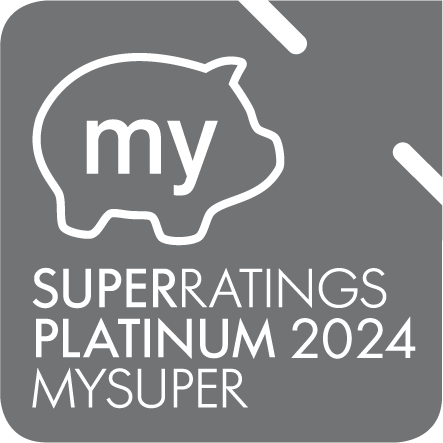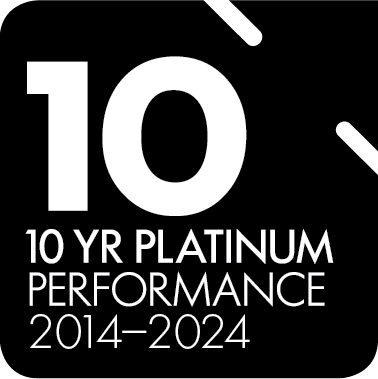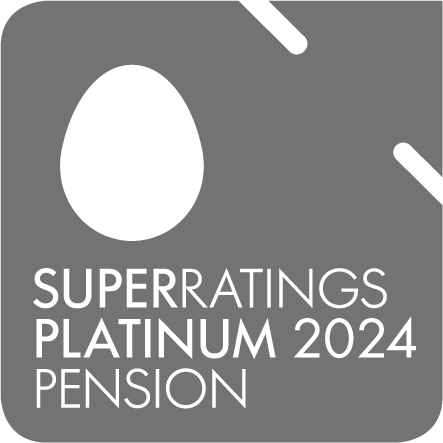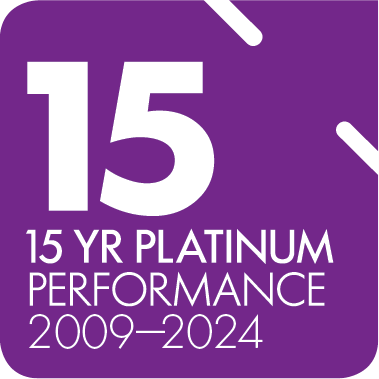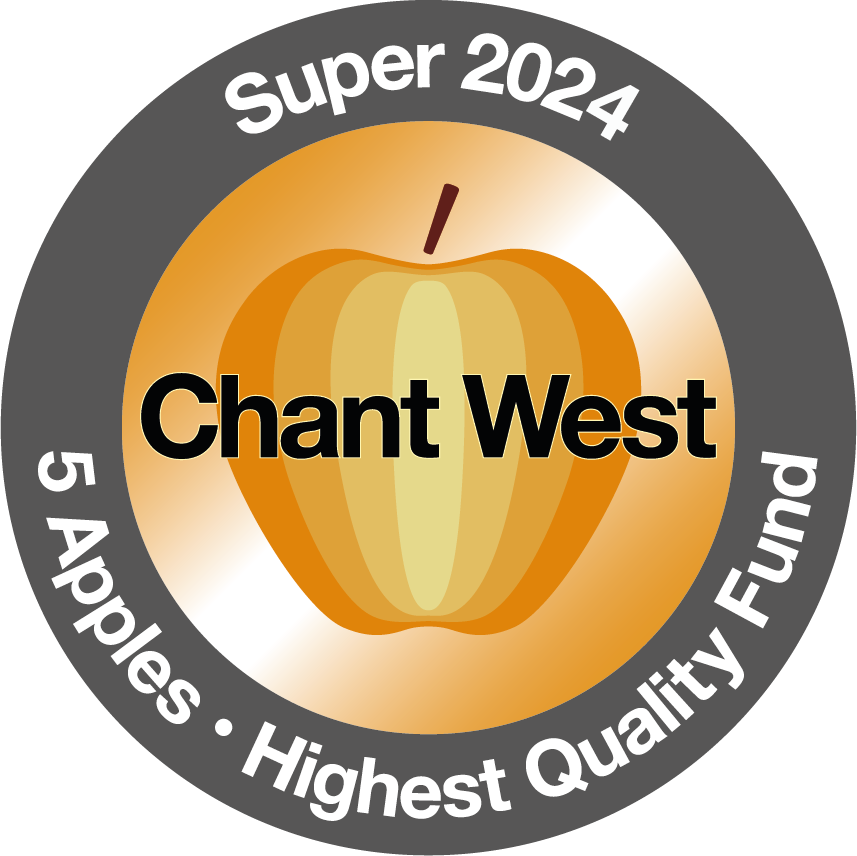
Putting your feet up and retiring should be cause to celebrate. But it can also be stressful.
That monthly pay cheque suddenly stops and you’ve got to rely on your super and the Age Pension.
An investment property can provide some added peace of mind. It offers a regular income, potential tax benefits, and will hopefully appreciate in value. With interest rates at record lows, it may also be more affordable than you think.
But there are several issues to consider. So, let’s take a closer look, and see what an additional rental income might mean for your retirement.
Getting the balance right
Investing is all about balance. Ideally, you want to have a diverse set of assets that can help smooth out the economic bumps in the road. Many people approaching retirement will have a family home, a super balance, and perhaps a share portfolio of some sort.
An investment property can help to further diversify your assets, and comes with a number of potential benefits including:
- A regular source of income. Rental income can provide you with a monthly top-up to your super / Age Pension.
- Tax incentives. Depreciation can help offset some of the costs involved in an investment property.
- Potential property value gains: Australia’s property prices have increased dramatically over the past decade.
Property investment risks
Historically low interest rates mean it’s never been cheaper to borrow money. When you combine low mortgage costs with monthly rental income you may find that your out-of-pocket expenses are lower than expected.
The Australian Government’s MoneySmart site provides a case study of how this might work.
While that may be the ideal scenario, there are underlying costs and factors you’ll need to keep in mind:
- There’s no guarantee the property will be rented. A sudden change in the market, like a global pandemic, can see your rental income dry up.
- There are ongoing costs involved with an investment property, including property management fees, general upkeep, as well as council rates and body corporate fees.
- Interest rates are low at the moment, but there’s no guarantee they’ll stay low. Any increase will impact your repayments on the property.
Investment property and your retirement income
Knowing that an investment property can help you fund your retirement is one thing. But what are the financial implications, and how can it impact other payments, including your super and Age Pension payments?
As an example, let’s consider a 2-bedroom apartment that’s rented for $450 a week. That adds up to approximately $23,000 a year in potential income. If we deduct annual body corporate fees, council rates, and other management costs you might end up with around $18,000 in net income.
Here’s how that scenario might play out for self-funded retirees and people receiving a part Age Pension.
Self-funded retirees
The obvious benefit of being self-funded is you don’t have to worry about government income support to meet your income needs in retirement. You’ll need to drawdown a minimum amount from your super every year, currently starting at 2%, but beyond that you can structure your income as you see fit.
That being said, you will need to be mindful of income tax. If you’re aged 60 or over, your super drawdown isn’t taxed, but other sources of income are.
$18,000 in income from an investment property would fall below the income tax threshold, which means it’s effectively tax free (dependent on any other income sources you may have). If you’re a couple you can also split this income between you, which can be effective for tax purposes.
If you’re still paying off the investment property this provides even greater leverage in managing your tax, although that’s a conversation you should have with your accountant or financial planner.
Age Pension retirees
The Age Pension is subject to both an income and asset test.
Under current legislation, having an investment property may have an impact on your income and asset test. You can find more information on the Services Australia website.
It’s a good idea to speak with your accountant or financial planner to fully understand what an investment property means for your Age Pension and overall income. But there are opportunities to invest, derive an income, and still qualify for the Age Pension under the right circumstances.
Speak to a financial planner
If you’re thinking about retirement and your income but aren’t sure where to start, a financial planner can help. As an Equip member, your first appointment is available at no additional charge.
Issued by Togethr Trustees Pty Ltd ABN 64 006 964 049, AFSL 246383 ("Togethr"), the Trustee of Equipsuper ABN 33 813 823 017 ("Equip Super"). The information contained is general advice and information only and does not take into account your personal financial situation or needs. You should consider whether this information is appropriate to your personal circumstances before acting on it and, if necessary, you should seek professional financial advice. Where tax information is included, you should consider obtaining taxation advice. Before making a decision to invest in Equip Super, you should read the Product Disclosure Statement (PDS) and Target Market Determination (TMD) for the product which are available at equipsuper.com.au. Financial advice may be provided to members by Togethr Financial Planning Pty Ltd (ABN 84 124 491 078 AFSL 455010) – a related entity of Togethr. Past performance is not a reliable indicator of future performance.

